
views
Barasat, West Bengal: Now the only survivor of the Chittagong armoury raid, Binod Behari Choudhury vividly remembers the day - April 22, 1930 - when he received bullet injuries fighting the British forces in the Jalalabad hills, an incident that inspired the Bollywood film "Khelein Hum Jee Jaan Sey".
Choudhury, 101, who lives in Bangladesh, comes to India frequently to visit his son.
"When I received a critical bullet injury in my throat I told my comrades to kill me to avoid capture that could have led to problems for the remaining comrades. One of my friends said 'let me kill you to save you from pain'. But it was the senior comrades who decided to keep me alive," Choudhury told IANS in an interview here, about 30 km from Kolkata.
Choudhury was one of the prominent members of the Indian Republican Army led by Surjya Sen, affectionately called Masterda by his band of armed revolutionaries as he was a school teacher. The group, which included teenaged boys, carried out the daring Chittagong armoury raid April 18, 1930, and proclaimed independence by forming a provisional revolutionary government before the British used brute force to crush the uprising.
Led by Sen and revolutionary Ganesh Ghosh, Choudhury and his comrades attacked two armouries, but unfortunately couldn't lay their hands on the ammunition of the sophisticated weapons, which later proved costly four days later in the battle of Jalalabad on the outskirts of Chittagong, now in Bangladesh.
After looting both the armouries, Sen decided to move up to the Jalalabad hills so that his men could take up positions to fight the British troops. "We starved for more than two days, as there were no rations," said Chowdhury.
But early April 22, British forces attacked the Jalalabad hills. The fierce battle left 12 revolutionaries dead and three injured, which included Choudhury.
After a few hours, Choudhury, along with the other injured and the rest of the revolutionaries of the party, managed to escape from the hills to a hideout. Early next morning they dispersed into various groups and fled. "I didn't agree to accompany them, as that would have put too much burden for them."
Later that night, Choudhury took shelter in a relative's house where he received medical treatment and recovered.
Choudhury said 'Masterda' Surjya Sen took a tough test before recruiting him in the brigade of revolutionaries.
"I can still remember that day when I was asked to meet Masterda at a crematorium at the dead end of night on a new moon day. It was a test of my courage," said Choudhury, who passed the test and was drafted into the revolutionary group.
But Choudhury refuses to call it an armoury raid and instead refers to it as the Chittagong Youth Revolt. "It was not an armoury raid, it was a youth revolt," said Choudhury.
After most of his comrades were either arrested or killed, Choudhury gave himself up before British police in 1934. He was later released in 1938 and joined the Congress.
Choudhury decided to stay back in then East Pakistan (now Bangladesh), when India became independent and the country was partitioned. In Chittagong, he took part in the Bengali language movement in 1952 and also played a stellar role in planning the 1971 Bangladesh liberation war.
Choudhury still maintains a disciplined life and is an early riser. After the morning prayers he reads the daily newspapers using a magnifying glass and keeps track of all major events across the globe.
He keeps travelling between India and Bangladesh as his only surviving son stays here in West Bengal. His other son died in a road accident in 1982.
"I decided to stay on in Bangladesh because I was born there and I will die there only," said Choudhury, whose wife passed away in December 2009.
He is an ardent cricket fan. Asked which team he would support during a cricket match between India and Bangladesh, Choudhury said, "I will support Bangladesh. Bangladesh has good players who have the strength to beat India."
An MA and law graduate, Choudhury was awarded the Swadhinata Padak by the Bangladesh government for his role in the country's liberation war.
However, he is pained by the escalating political violence.
"We took to violence in order to achieve freedom. But now people resort to violence out of greed and hunger for power," he said.










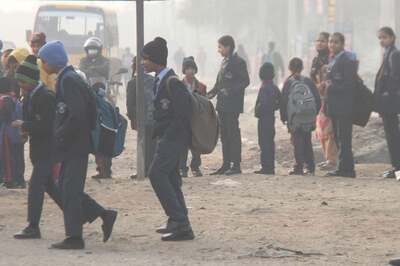
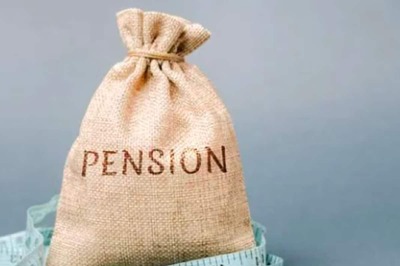


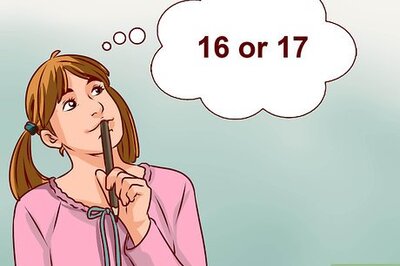

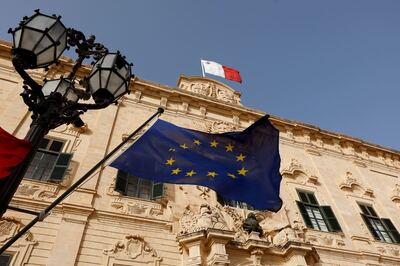
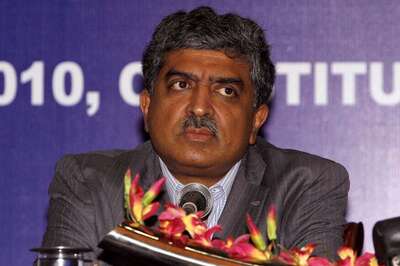


Comments
0 comment